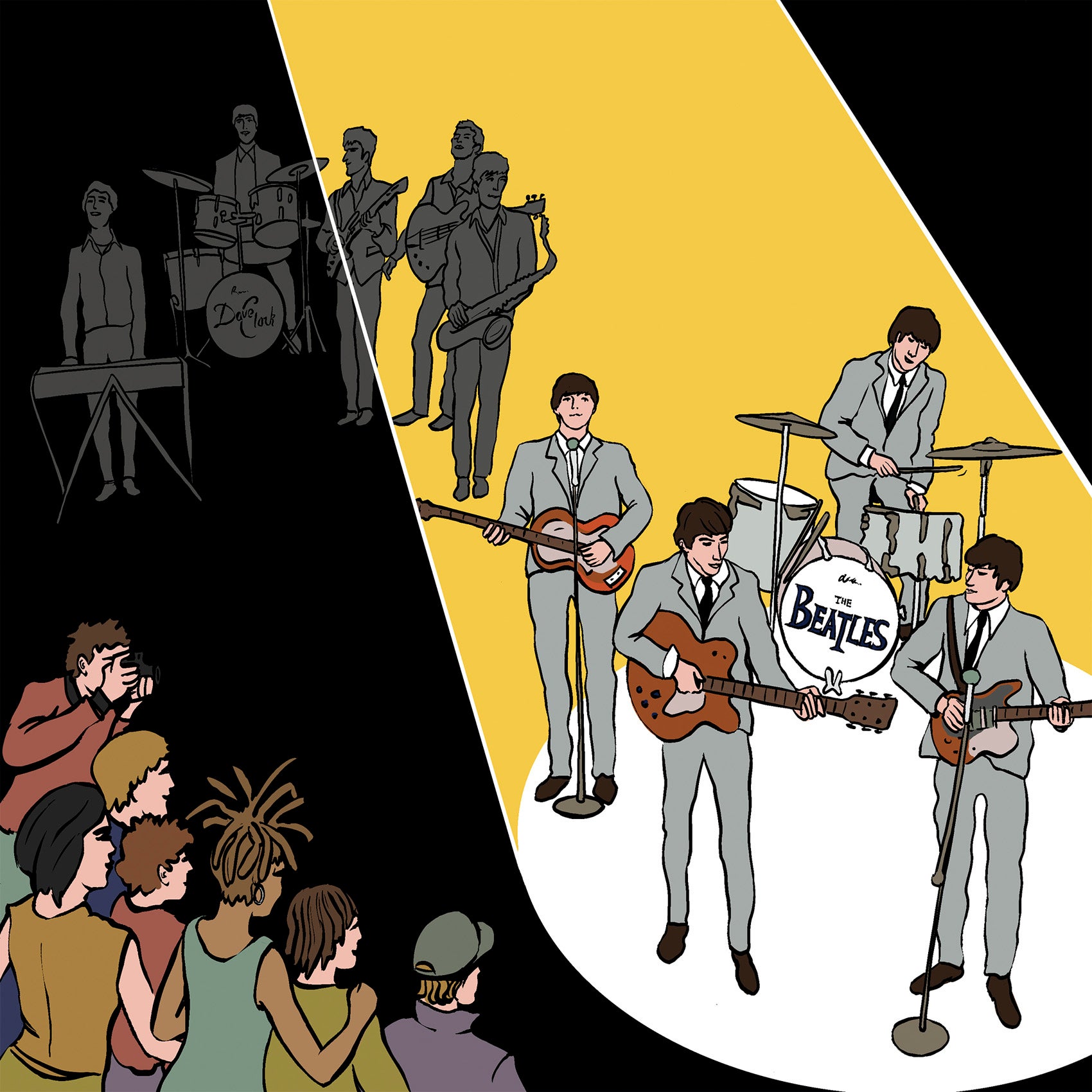“Deals: The Economic Structure of Business Transactions,” by Michael Klausner and Guhan Subramanian J.D./M.B.A. ’98 (Harvard University Press)
Business transactions have an underlying order despite being known for their complexity, voluminous documentation, and impenetrable legal language, write Guhan Subramanian, professor at Harvard Law School and Harvard Business School, and Michael Klausner, a Stanford Law School professor. Using examples from the business world, their book includes chapters on negotiation and bargaining power; challenges parties face in advance of a deal; how parties can verify performance after they begin implementing a deal; and possible exit mechanisms if a party wants to withdraw. Writing for law and business students as well as practitioners in law, finance, and business, the authors seek to show how to maximize the joint interests of parties involved in a transaction.
“Of Law and the World: Critical Conversations on Power, History, and Political Economy,” by David Kennedy ’80 and Martti Koskenniemi (Harvard University Press)
Presented as a series of seven conversations between Harvard Law School Professor David Kennedy and Martti Koskenniemi, professor of international law emeritus at the University of Helsinki and visiting professor in human rights at Harvard Law, the book explores topics such as how to define what international law is, law in the political economy of the world, and international law and power. The authors, who taught a course together in the fall semester at Harvard Law, discuss their own history with and research into international law as well as other literature in the field. Connected over four decades of experience in the international realm, they offer critiques of law in global affairs while acknowledging, as Kennedy remarks, “how much remains to be figured out” in a rapidly changing world.

“How to Become Famous: Lost Einsteins, Forgotten Superstars, and How the Beatles Came to Be,” by Cass R. Sunstein ’78 (Harvard Business Review Press)
In the early 1960s, music magazines debated which group was better: the hugely popular Dave Clark Five or an up-and-coming band called the Beatles. There’s not much debate about that now, but, according to University Professor at Harvard Cass Sunstein, those who have gained lasting fame aren’t necessarily better than those who are lesser known. Although there is no recipe for how to become famous, he writes, there are factors that can contribute to it, such as quality (which is open to interpretation), tireless champions (the Beatles, for example, had their manager Brian Epstein), the zeitgeist, and a compelling life story. His analysis of fame ranges from why talented people like 19th-century poet Leigh Hunt are lesser known than some of their contemporaries to why the names Houdini and Ayn Rand are still familiar to so many today.
